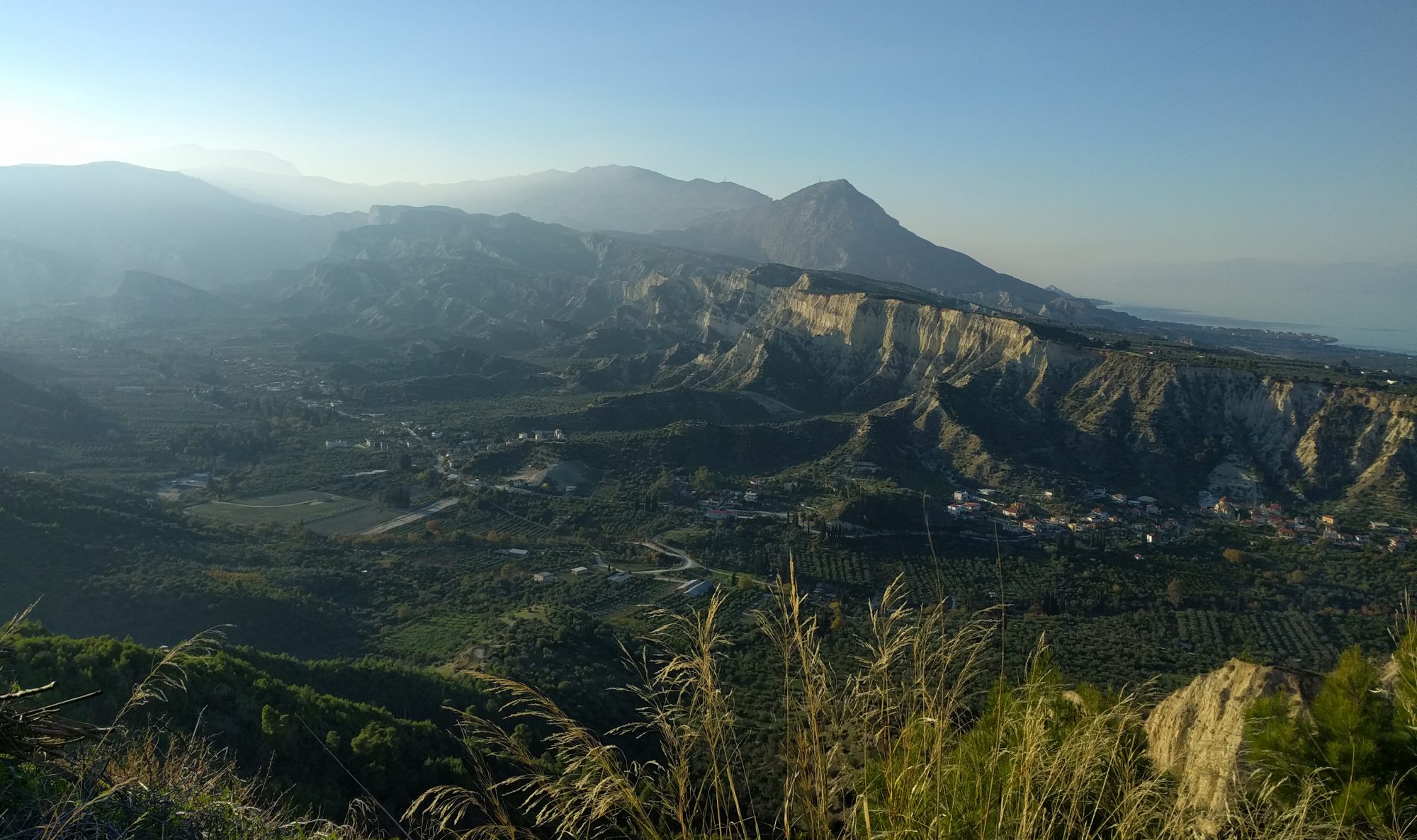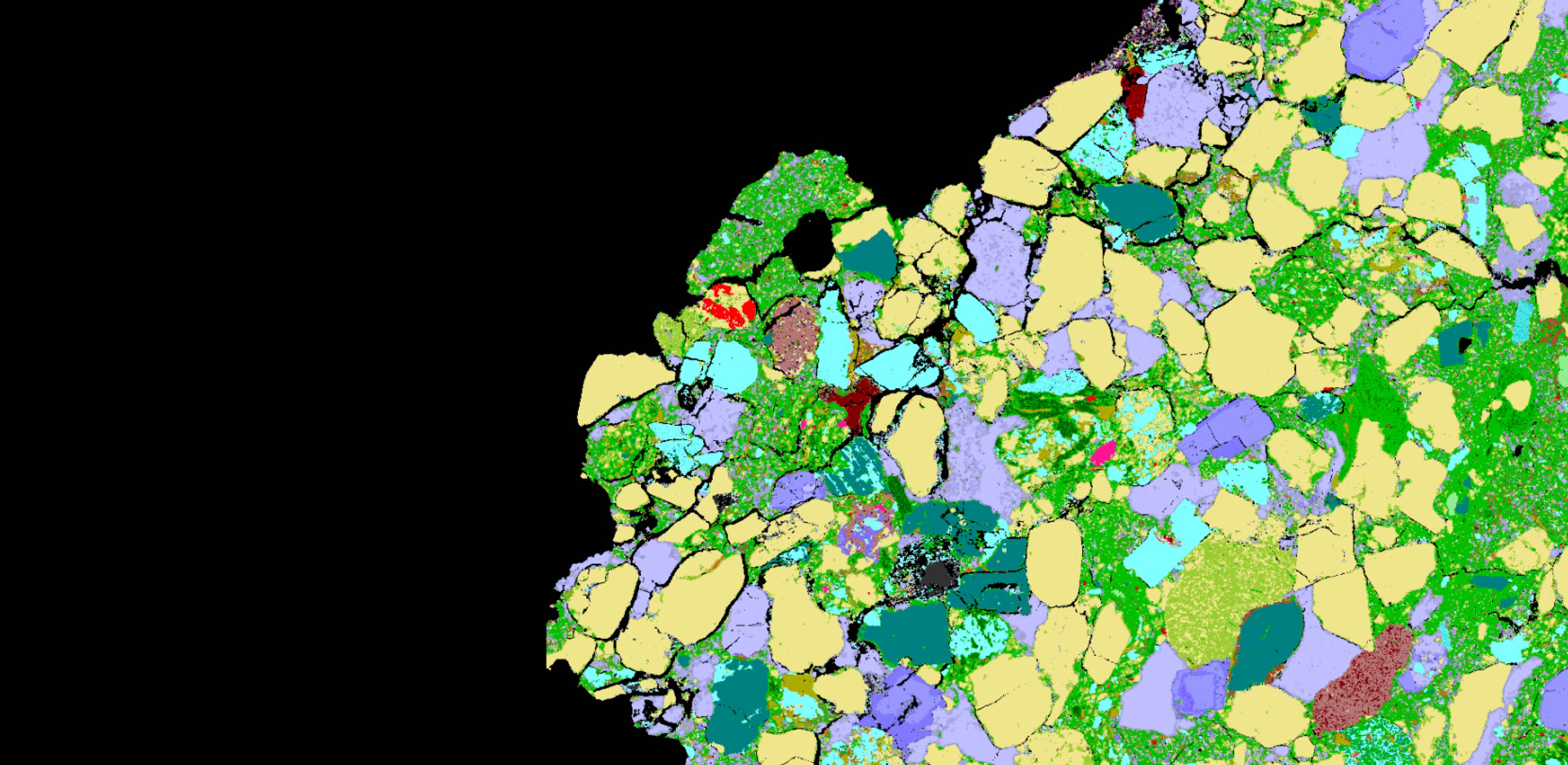Jenny Omma is Chief Geologist at Rocktype — a mineralogy consultancy using big data to revolutionize rock analysis.
After studying for her M.Sci in Natural Sciences, and continuing at Cambridge to do a PhD in earth sciences, Jenny spent five years in industry before setting up her own company in 2014. We caught up with Jenny in the following blog post to find out more about her career path and work in the energy and mineral sectors.
What made you choose to study Earth Sciences at Cambridge?
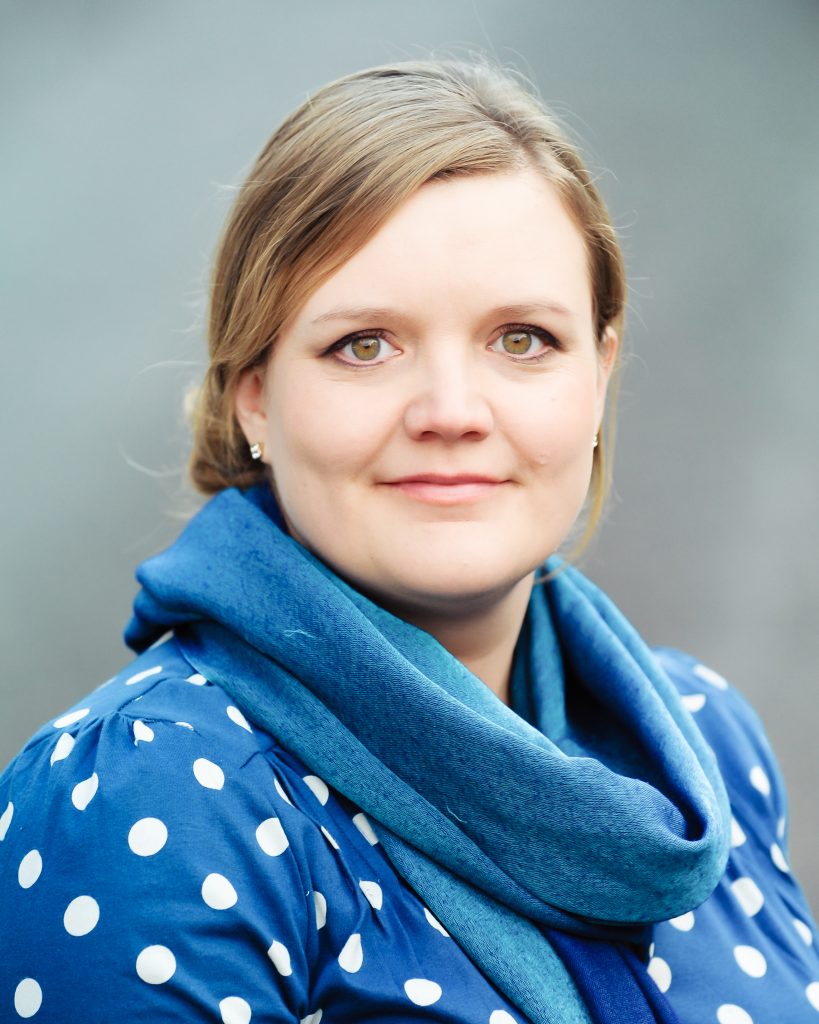
I knew when I applied to study Natural Sciences that I wanted to specialize in geology. I grew up in western Norway, amongst the mountains. I was curious to understand how that landscape formed. A school fieldtrip in Norway was a key moment for me – I remember a teacher pointing out a prominent fault scarp, separating Greenland from Fennoscandia, which could be traced all through the highest mountains in the region. That was a real moment for me – the enormity of the landscape processes blew me away, even though I now work mostly at microscopic scales!
What made you decide to stay on at Cambridge as a PhD student?
I did apply to jobs after finishing my Masters, but felt that I wasn’t quite finished with formal learning. A turning point for me was when I went to a fourth year seminar given by Dr Mark Allen from CASP titled, ‘Why does it matter where the dirt comes from?’. He described the journey of sand grains into the Caspian Basin and I started to see wide, exciting applications for the mineralogy courses I had enjoyed studying at undergraduate level. So, I joined the Arctic Project at CASP and did a PhD there, involving fieldwork in remote Russia, Canada and Alaska.
What skills helped you make the jump from there into industry?
One thing you learn quickly in earth sciences is how much we don’t know about the world around us – having that appreciation is really important in many sectors of work. We have to be comfortable with asking questions, pushing forward. In the past, a lot of the samples we’ve worked on have come from the oil and gas sector – but that’s changing with the transition to greener energy. Now we are taking on an increasing number of carbon capture and storage projects. It’s a new field, and many earth scientists are starting afresh, adapting their skills to new problems.
What does a typical day look like for you?
At the moment I’m working on about thirty different projects – the variation is something I love about my work. We have three scanning electron microscopes (SEM) in our labs, where we are currently measuring some Apollo 17 Moon samples (in collaboration with Manchester University), we are also investigating sediments to support helium extraction, as well as looking at the potential of old hydrocarbon wells off the Faroe Islands for carbon capture and storage.
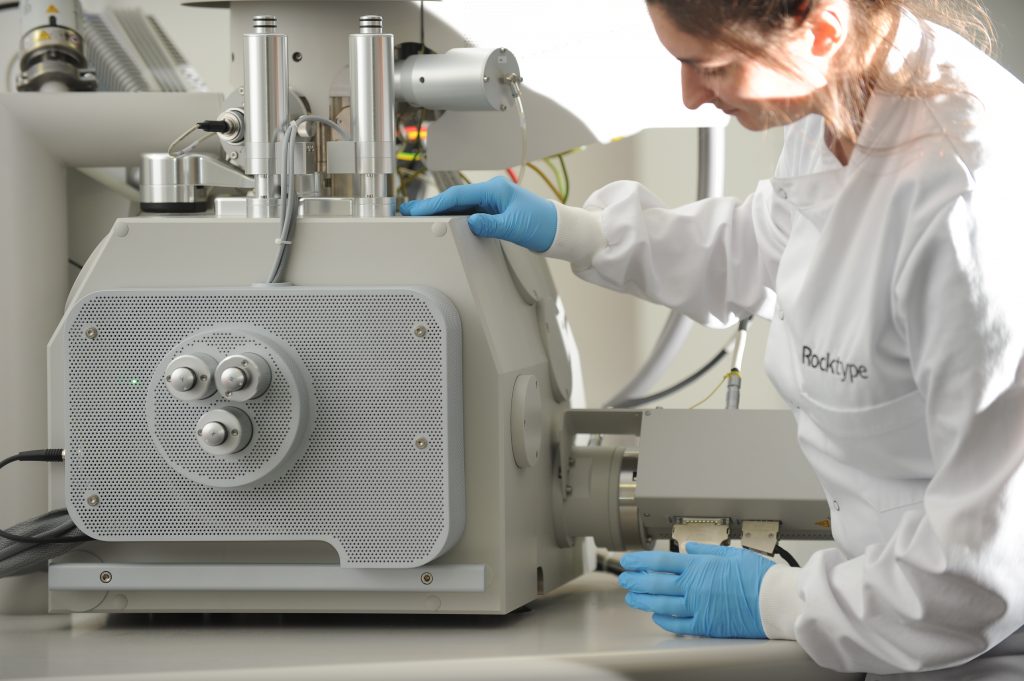
Essentially what we are trying to do is create a digital twin of the rock – using scanning electron microscopes to digitize the rock. I am involved in the entire process, from receiving to preparing and analyzing the samples. But one of the things I enjoy the most is getting to discuss the results with people from so many sectors. What we’re trying to do is get the best possible data quality to answer scientific questions –it’s very much a conversation, figuring out our clients needs. I often get invited to team meetings to talk about the data (which is great fun) and I also attend a lot of conferences, most recently to present some carbon capture and storage data.
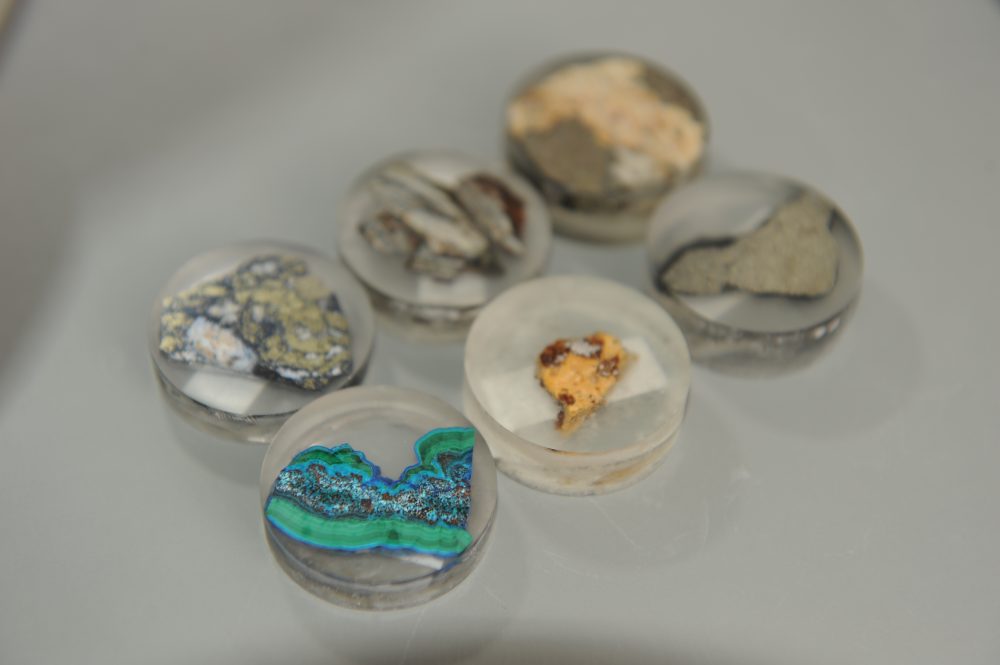
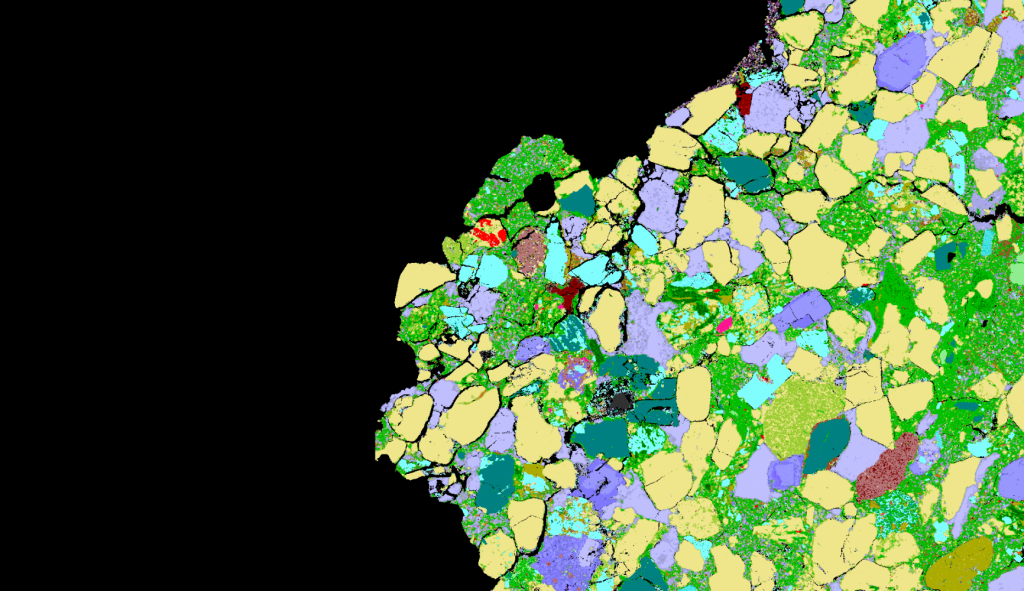
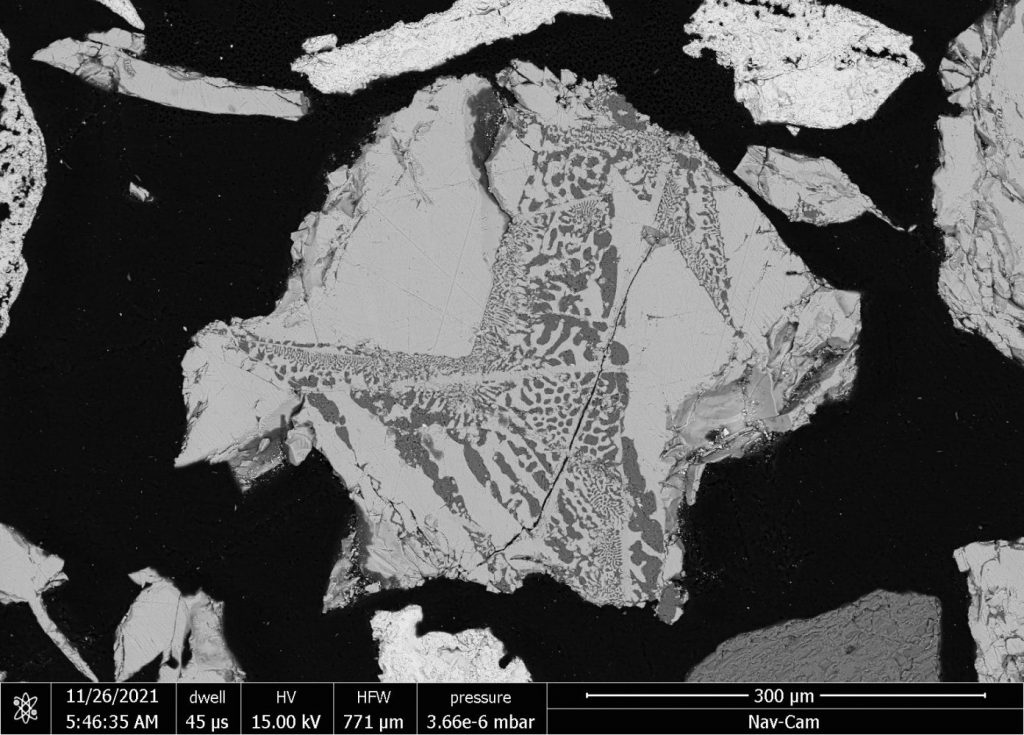
You touched on how geoscience is changing its identity – what’s your perspective on this?
I think its a really exciting time for the subject, there’s a lot of new areas for us to work on, including sustainable resources and green energy solutions. I’m a firm believer that geoscientists are really data scientists, even though we as a discipline have been comparatively slower to embrace big data. I see a very clear role for big data in geoscience for solving some of the key societal challenges we face — I’d like to see this increasingly in geoscientist’s toolkit.
What’s your advice to those interested in careers in geoscience?
Geoscience asks really big questions, so many of which make a big impact on our society: whether its understanding natural hazards, ensuring sustainable resources, or investigating the origin of life. There’s an open door for geoscientists working across the discipline to make a personal difference.
My career really speaks to finding something that you love and sticking to it, even though it might feel a bit niche. I took all the hard mineralogy courses at university, even though they dragged my average grade down, because that’s what I enjoyed the most. Now that I’m a specialist in microscopy, my perspective is that if I know something really well then I can use that knowledge to support others.
